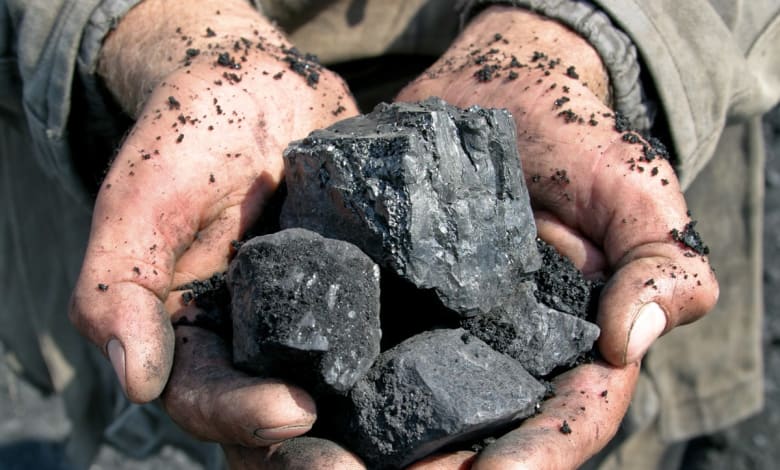
Lending his weight to India”s stand on coal as an energy source, International Energy Agency (IEA) chief Fatih Birol on Wednesday said it won”t be fair to ask developing nations to stop using coal without giving international financial assistance to make up for the economic challenge from such a move.
Developing nations like India depend on coal for 60 per cent of their energy, and coal and associated sectors are major employment generators, he said at the Energy Horizons Leadership Dialogue organised by Council on Energy, Environment and Water (CEEW).
Endorsing the Indian stand of it not being responsible for global pollution, Birol said, “climate change issue we have today, (that is) concentration of carbon in the atmosphere is not an issue of today. It is an issue of almost last 100 years.”
“And many countries, so-called advanced economies, came to this industrialised levels and income levels by using a lot of coal. These are the US, Europe, Japan,” he said.
India has maintained that it is not a polluter and cause of climate change and has voluntarily committed to reducing greenhouse gas emission intensity of its GDP by 33-35 per cent below 2005 levels by 2030. Though it has taken up an aggressive plan to build renewable energy capacity, India sees a role for coal in its energy basket for the next few decades.
Birol, whose energy agency is a policy adviser for members of the Organisation for Economic Co-operation and Development, said China, India and Indonesia – which house almost half of the world population – produce more than 60 per cent of electricity from coal and the average age of their coal-fired plants is 11 years as compared to 40 years in Europe.
A coal-fired plant has a maximum age of 45-50 years.
“There is a lot of investment put in and there is a lot of investment to be paid back,” he said adding plants in Asia have a 40 year more lifecycle if they follow the cycle as prevalent in other countries.




